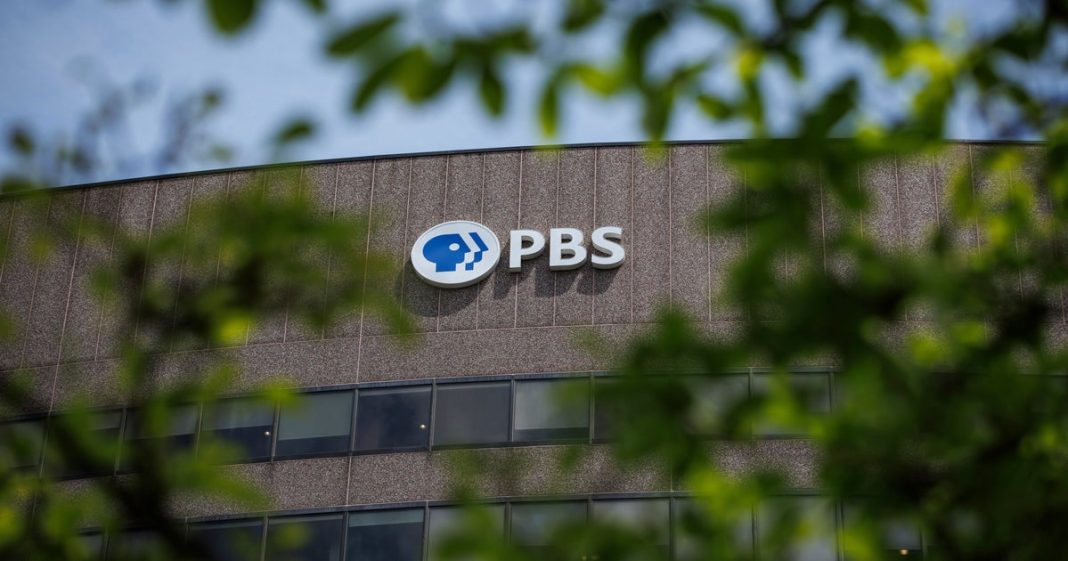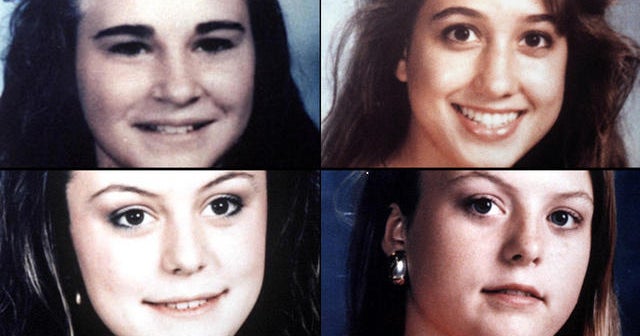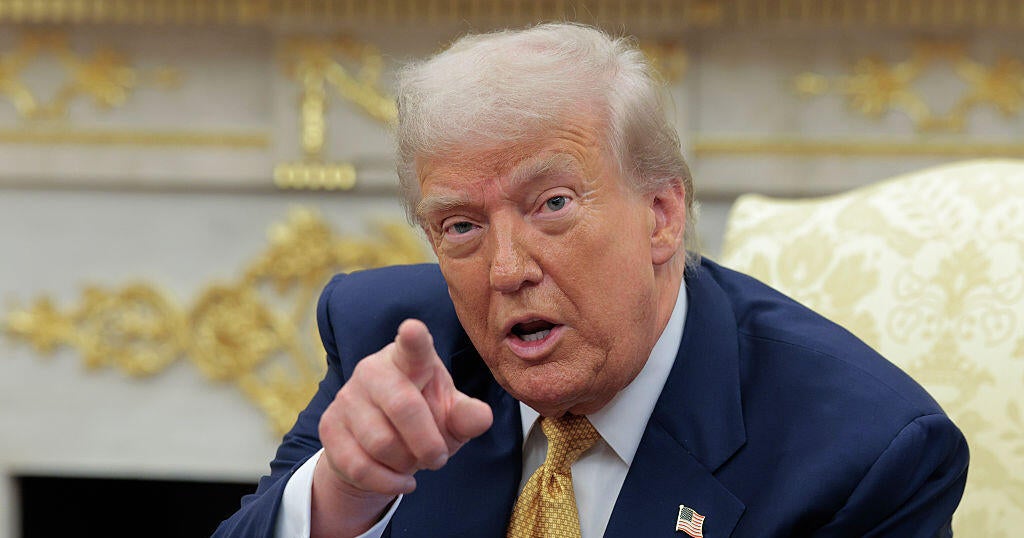The Corporation for Public Broadcasting said Friday it would begin winding down its operations after its funding was eliminated by the Trump administration and Congress.
The CPB is a private nonprofit founded in 1967 that serves as a steward of funding for public media. It provides funds to 1,500 local public radio and television stations as well as PBS and NPR. It employs about 100 people.
President Trump signed an executive order in May instructing the organization to cease federal funding for PBS and NPR. In June, the House approved a White House request to claw back $1.1 billion in already appointed federal funds from the CPB. The Senate Appropriations Committee’s 2026 appropriations bill eliminated funding for the CPB for the first time in over 50 years.
“Despite the extraordinary efforts of millions of Americans who called, wrote, and petitioned Congress to preserve federal funding for CPB, we now face the difficult reality of closing our operations,” said CPB President and CEO Patricia Harrison in a statement. “CPB remains committed to fulfilling its fiduciary responsibilities and supporting our partners through this transition with transparency and care.”
The organization said in a statement it told employees that a majority of staff positions will “conclude” when the fiscal year ends on Sept. 30, 2025. The CPB did not say exactly how many positions that was. A “small transition team will remain through January 2026 to ensure a responsible and orderly closeout of operations,” the organization said.
Mr. Trump also fired three members of the CPB’s five-person board in April. In response, the CPB sued, arguing the president was exceeding his authority.
Both PBS and NPR, the most high-profile public media organizations, have long been the target of Republican criticism and have been preparing for the possibility of cuts since Mr. Trump’s reelection. The broadcasters receive roughly half a billion dollars in public funding through the CPB. In March, PBS CEO Paula Kerger and NPR President and CEO Katherine Maher defended their organizations from accusations of bias in testimony before a House subcommittee.
Maher warned that defunding public radio poses “a real risk to the public safety of the country.” She said some NPR stations receive “more than 50% of their budget” from federal funding and may face layoffs and station closures.
Rural areas would feel the largest impacts, Maher said. Local stations also provide vital alerts in emergencies like storms, floods and wildfires.
“Public media, public radio, public television, are a critical part of the emergency response plans of nearly half of the states in this nation,” Maher said in an interview with CBS News on July 17. “If these types of emergency alerting go away, you will have fewer outlets to be able to respond in real time” to future natural disasters.




